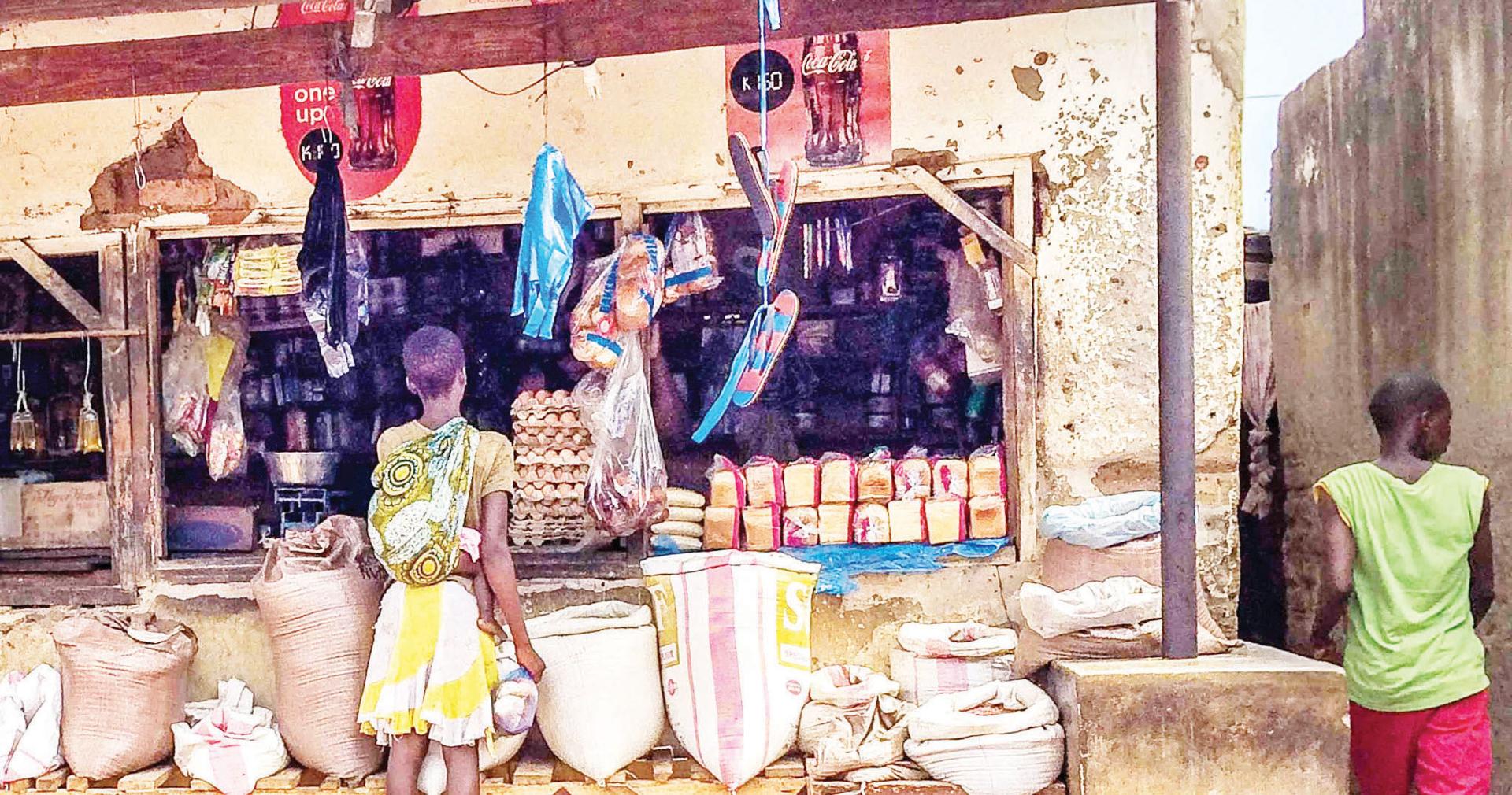Africa-Press – Malawi. Headline inflation—the rate at which commodity prices change in an economy at a given period—averaged 13 percent in the first three months of 2022. Economic experts and consumer rights activists have since warned of continued elevated commodity prices in the short to medium terms as Malawi continues to grapple with imported inflation coupled with structural domestic challenges.
According to figures from the National Statistical Office, in January 2022, headline inflation was seen at 12.1 percent and went up to 13 percent in February before acceralating further by 1.1 percentage points to 14.1 percent in March.
At 13 percent, first quarter average inflation is way higher than the 9.1 percent annual average inflation target by the Treasury. Rising commodity prices have been pushing headline inflation in the past three months, a situation which has also been piling pressure on other key macroeconomic fundamentals.
The headline is already seen above the policy rate—the rate at which commercial banks borrow from the Reserve Bank of Malawi (RBM) as lender of last resort—which has been standing at 12.0 percent for over 12 months now.
Both food and non-food prices have been on an upward spiral in the country in the past year due to exogenous shocks including disrupted global supply chains emanating from Covid pandemic and Russia’s invasion of Ukraine, among other things, coupled with domestic structural challenges.
The food component, largely influenced by maize— Malawi’s staple crop which has a huge weight at 45.2 percent in the Consumer Price Index—heavily impacts the country’s inflation. As the lean season is at its peak between February and April, maize price rises as stocks are seen depleting.
On the non-food component, the recent fuel price hike announced by the Malawi Energy Regulatory Authority (Mera) piled pressure on the headline inflation as the cost of other basic commodities and services, including transportation, have been rising.
Earlier this month, Mera announced a 20 percent upward adjustment in prices of petrol from K1,150 to K1,380 per litre while diesel prices were raised by 31.25 percent from K1,120 to K1,470 per litre. Prices of paraffin were adjusted by 14.74 percent from K833.20 to K956.
In an interview Tuesday, economist from the Malawi University of Business and Applied Sciences Betchani Tchereni said it is not surprising that inflation has averaged double digits considering circumstances prior and during the period.
He believes the main factors that have driven the inflation include limited foreign exchange which has resulted in imported inflation, rising prices of fuel and the war in Ukraine.
“The economy of Malawi requires re-engineering and that is not a short term thing. In the short term, we just have to be tough on ourselves by cutting on imports but, for the long term, we need an overhaul of the economy,” he said.
Malawi has been struggling to access foreign currency with official foreign exchange reserves hovering at 1.6 months worth of imports, almost half the internationally recommended three months cover. The country has also been struggling with imported inflation as Covid and the Ukraine war has disturbed the global supply chains.
In a separate interview, Centre for Social Concern Programmes Coordinator responsible for Economic and Good Governance Bernard Mphepo said there was nothing the consumers could do apart from bracing for continued tough times. He believes, however, that the government should move towards containing the pressure in the short to long term.
“We need factories yes. But since this country depends so much on agriculture, we need to put huge effort in irrigation farming as much as we are putting in the Affordable Inputs Programme and that should be for commercial purposes,” he said.
Minister of Finance Sosten Gwengwe said over the weekend that the economy needs realignment in some pressure points which, he admitted, will be a painful process but achievable.
“When you hear that Spain is experiencing double digit inflation, then you know the situation is dire. We are trying all we can to be as resilient as possible by limiting imported inflation,” he said.
Inflation has a great impact on the economy as it shrinks individual purchasing power, forces bank interest rate increases and affects economic growth, among others effects.
Justin Mkweu is a fast growing reporter who currently works with Times Group on the business desk. He is however flexible as he also writes about current affairs and national issues.
For More News And Analysis About Malawi Follow Africa-Press






